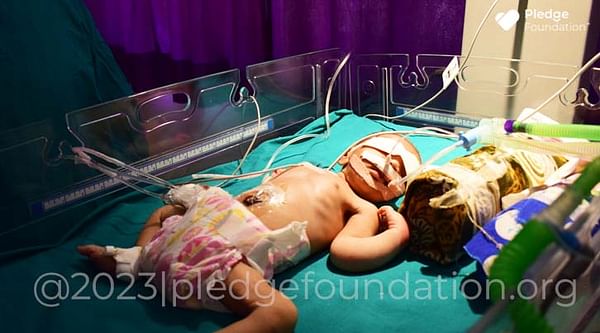Sepsis in Newborns
Sepsis in newborns, or neonatal sepsis, is a serious medical condition that occurs when a baby younger than 28 days old has a life-threatening response to an infection. Bacterial infections are the most common cause of neonatal sepsis. If your newborn has sepsis, it’s a medical emergency. The baby needs urgent treatment with antibiotics. A newborn who has an infection and develops sepsis can have inflammation throughout their body. This inflammation and blood clotting causes reduced blood flow to your baby’s limbs and vital organs. It can lead to organ failure and even death.
Thrombocytopenia in the NewbornThrombocytopenia means that a newborn baby does not have enough platelets in their blood. Platelets are blood cells that help the blood clot. They are made in the bone marrow.
Persistent Pulmonary Hypertension of the Newborn (PPHN)
Persistent pulmonary hypertension of the newborn (PPHN) is a dangerous condition that may cause a baby to not get enough oxygen after birth. During pregnancy, babies get all of the oxygen they get from the mother through the placenta. The placenta is an organ in the mother’s womb that is connected to the umbilical cord.
“Why does my baby have to go through all the pain? I was the happiest to welcome my baby to this world. But I faced severe complications due to which I had to prematurely give birth to the baby. But since birth, my baby developed difficulty in breathing. Always in pain, constantly struggling to breathe. I couldn’t see it any longer, so we took our baby to the hospital where we found that the baby had a lot of problems. Doctors have confirmed that the baby was suffering from Respiratory Distress Syndrome, Thrombocytopenia & Pulmonary Hypertension and Sepsis. The baby since the birth has been admitted to NICU
-animated-logo.gif)

